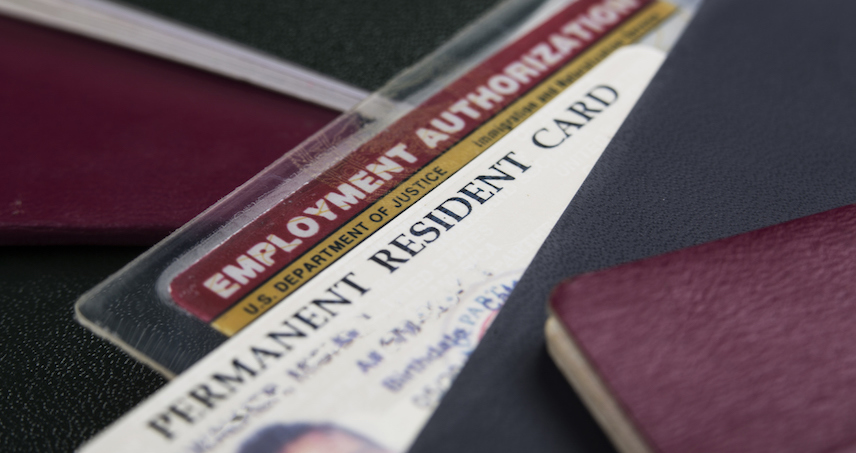"Wrongful Termination Claims May Lead to Viable Wage and Hour Claims," Says California Labor Law Attorney

If you have been terminated from your job or if your relationship with your employer is rocky, you may feel wronged and consult with an attorney. Emma actively litigates such cases but also investigates other issues such as wage and hour violations and independent contractor misclassification.
"It is important to consult with an attorney because the law isn't always black and white, and for every rule, there is an exception, says Emma. "Terminations are emotional and almost always seem unfair. However, we can often achieve better results for our clients by also asserting wage and hour violations along with wrongful termination claims."
Many people aren't aware of the kinds of claims they may have and there are a lot of "labor law myths." For example, you may be under the impression that your employer cannot terminate you without cause or without a written explanation. This is not true. In California and most other states, workers do not have a right to continued employment. Employees may be terminated at any time and for any reason or no reason??"so long as the reason is not an illegal one (e.g., based on race, gender, religion, etc.).
"When someone calls in with a potential wrongful termination claim, we investigate the termination and also look into other issues, such as independent contractor misclassification," says Emma. "On the surface, the worker may not appear to be an employee??"she receives an IRS Form 1099, she has entered into an 'independent contractor agreement,' and she pays for her own business expenses. However, she may not fully appreciate the implications of the employer 'classifying' her as an independent contractor instead of an employee." If she is misclassified, she may be owed a lot of money for wage and hour violations such as unpaid overtime, missed meal and rest breaks, and reimbursement of business expenses.
"In California and many other states, it is presumed that workers are employees and not independent contractors," says Emma. "The burden is on the employer to demonstrate that the worker is properly classified as an independent contractor." Ultimately, independent contractor misclassification comes down to one thing??"the degree to which the employer "controls" the employee. The greater the control, the more likely the worker is an employee. "Once a worker demonstrates that she has been improperly classified as an independent contractor, a whole host of labor laws and employee protections are implicated," says Emma.
Perhaps you were hired (and fired) as an independent contractor and haven't been paid overtime. If your employer maintained tight control over you, an experienced employment attorney might determine that you are not really independent. Perhaps you have been missing breaks or working through lunch…
Some employers classify a significant portion of their workforce as independent contractors to reduce overhead and provide greater flexibility. "When independent contractors work alongside employees and do the same work that employee workers do, that raises a red flag," says Emma. "There are many other factors to consider, such as whether the employer provides training and whether the position is temporary or ongoing." It is therefore wise to consult with a lawyer if you think you may be misclassified.
Independent contractor misclassification persists in all industries and courts have found the following workers to be employees: taxi cab drivers, truck drivers, agriculture workers, exotic dancers, cable installers and service industry workers, among many other types of workers. Ultimately, the determination is individualized and rests on the facts of the case.
"Workers who come into our office are frequently unsatisfied with their wages," adds Emma. "In many cases, they have a document stating they are an independent contractor." By classifying its workers as an independent contractor, the employer avoids minimum wage and overtime requirements, the meal and rest break requirements, prompt payment of wages, and various penalties for violating these laws. "One of the chief complaints from individuals classified as independent contractors is that they are not paid promptly for work performed."
How can independent contractors determine whether they have enough damages to justify going forward with a lawsuit? Do they need to find co-workers with similar issues to form a class action? (Incidentally, Emma says the independent contractor misclassification is the type of case that could make a class action.)
"Don't worry about evaluating your damages or trying to assemble a group of co-workers or witnesses," Emma explains. "The first step is to meet with an experienced employment attorney to discuss your individual situation." In some cases, individual damages are not that great; in other cases they can be substantial. "Your lawyer will help you value your case and determine if it should be filed as a class action." Most lawyers provide a free initial consultation.
Leonard Emma is an employment attorney with The Law Office of Randall Crane in Oakland, California. .











2 Comments
Vivian
July 8, 2013vendisel
February 20, 2013